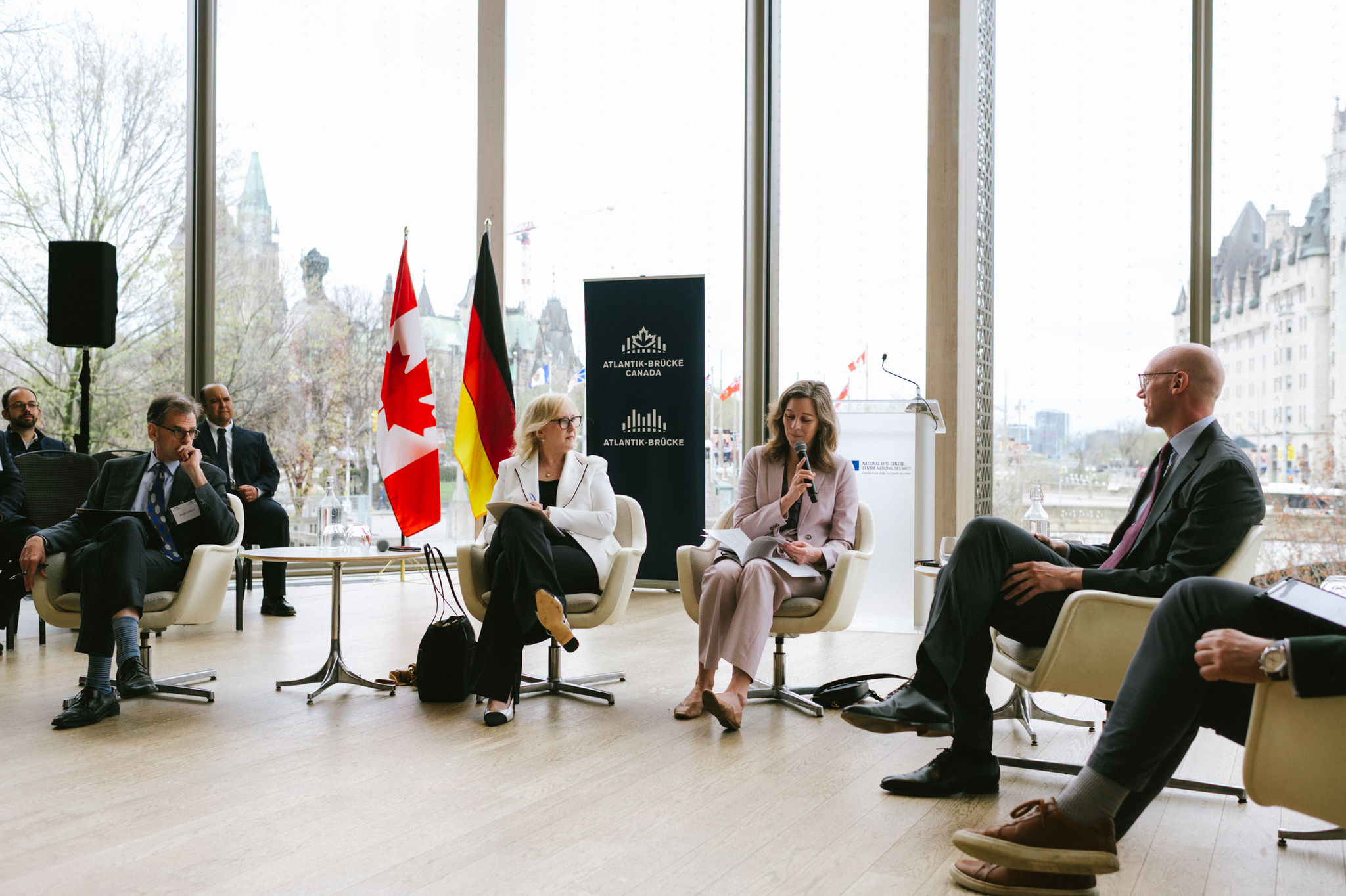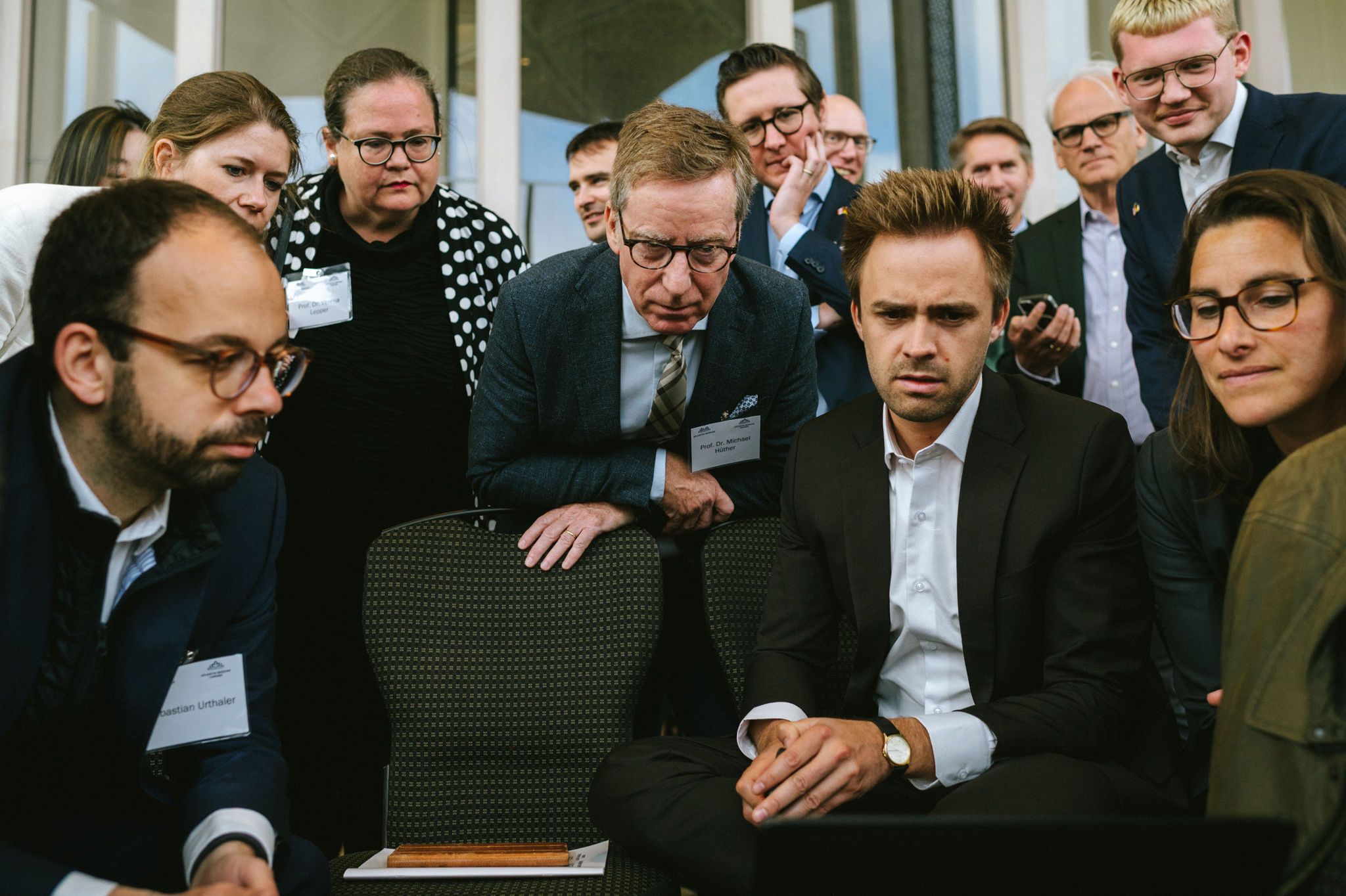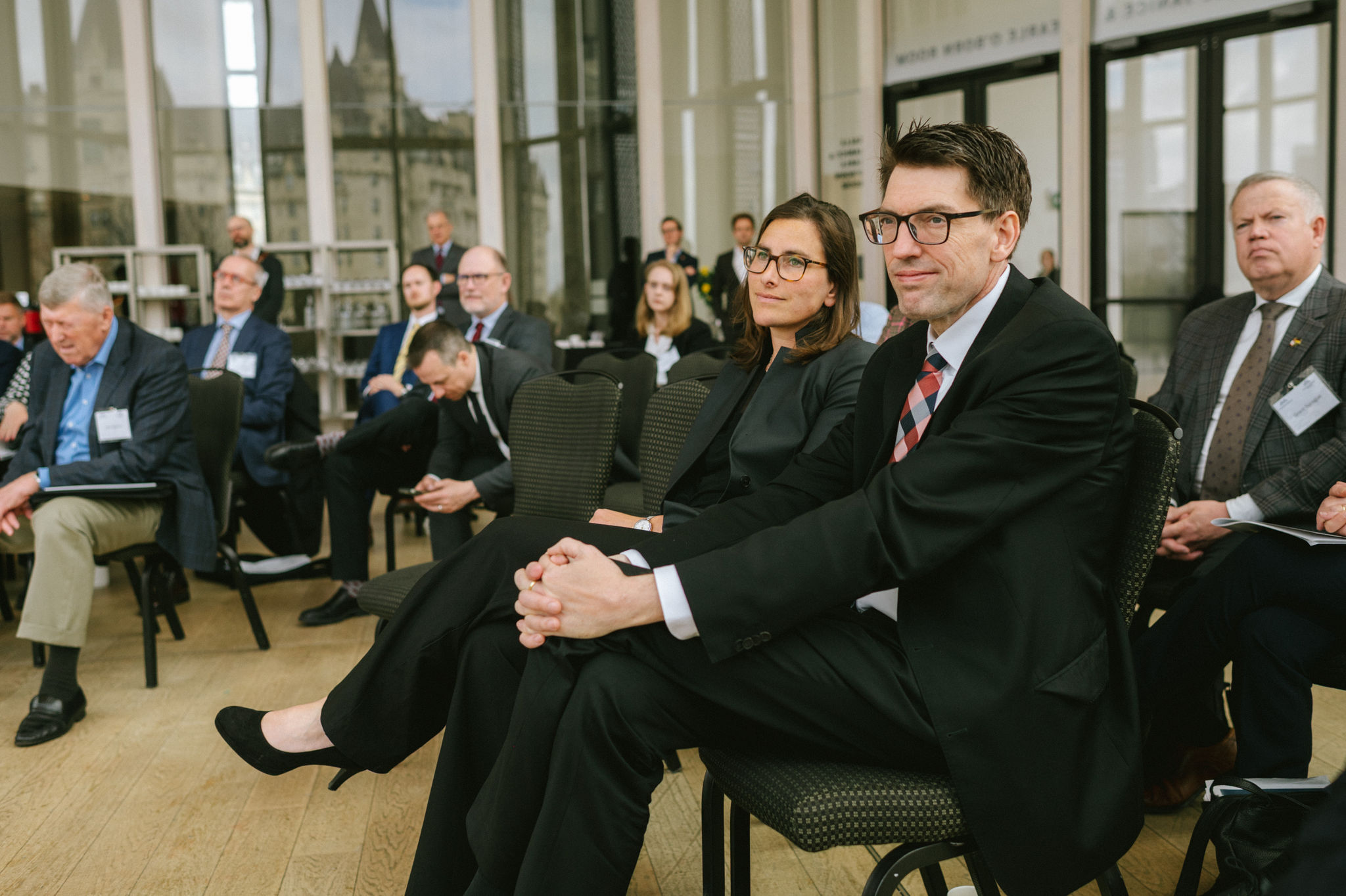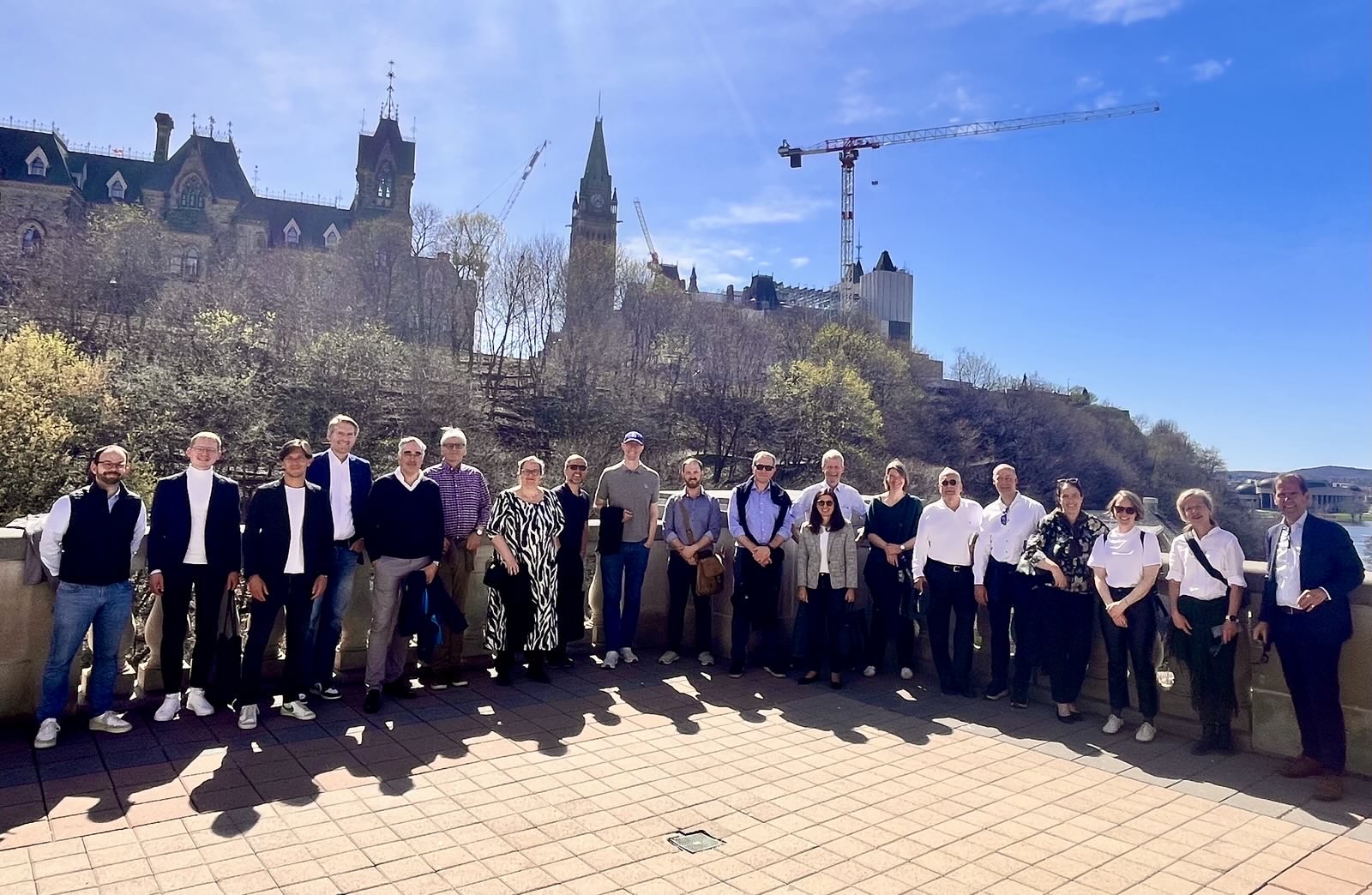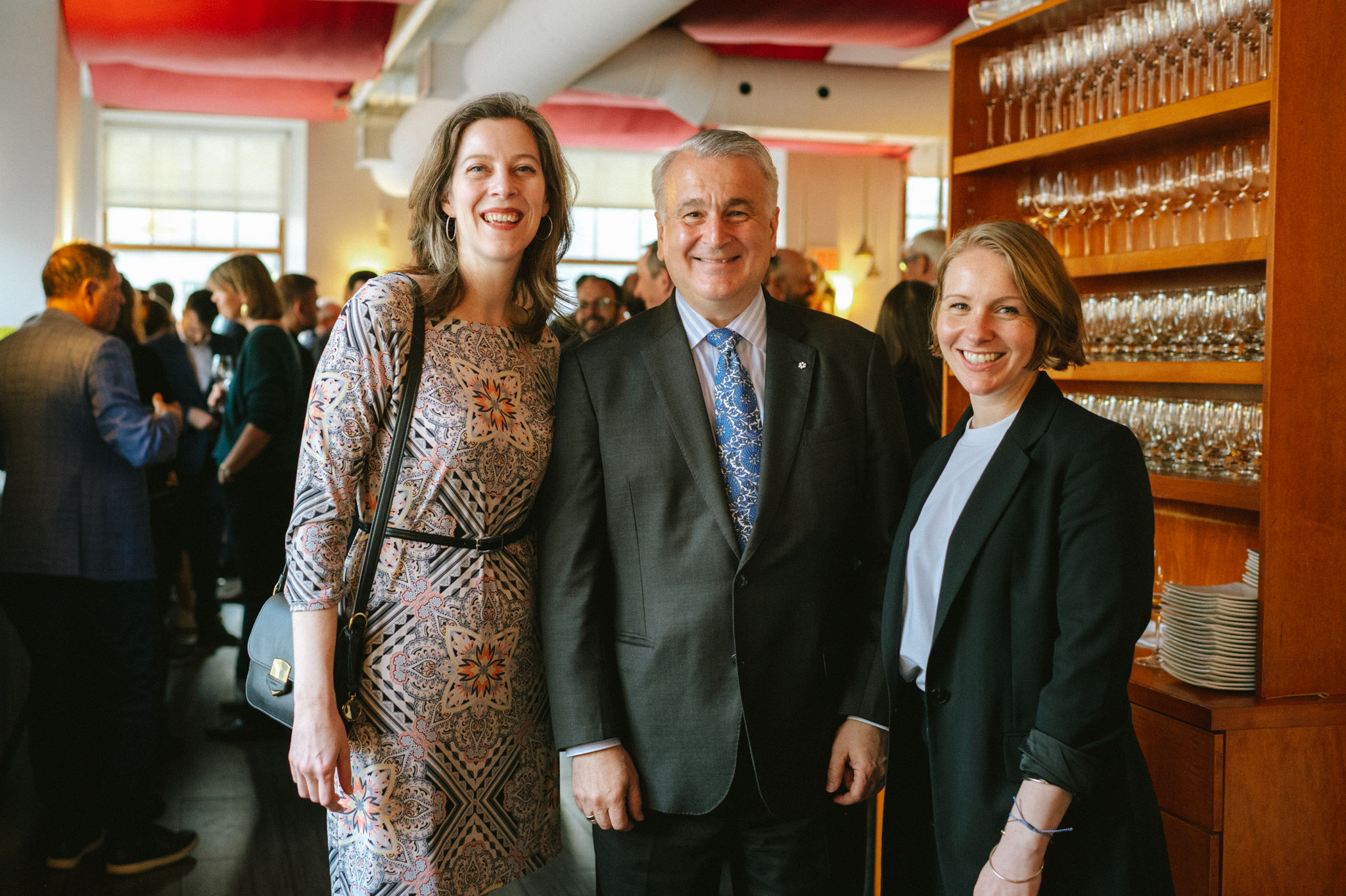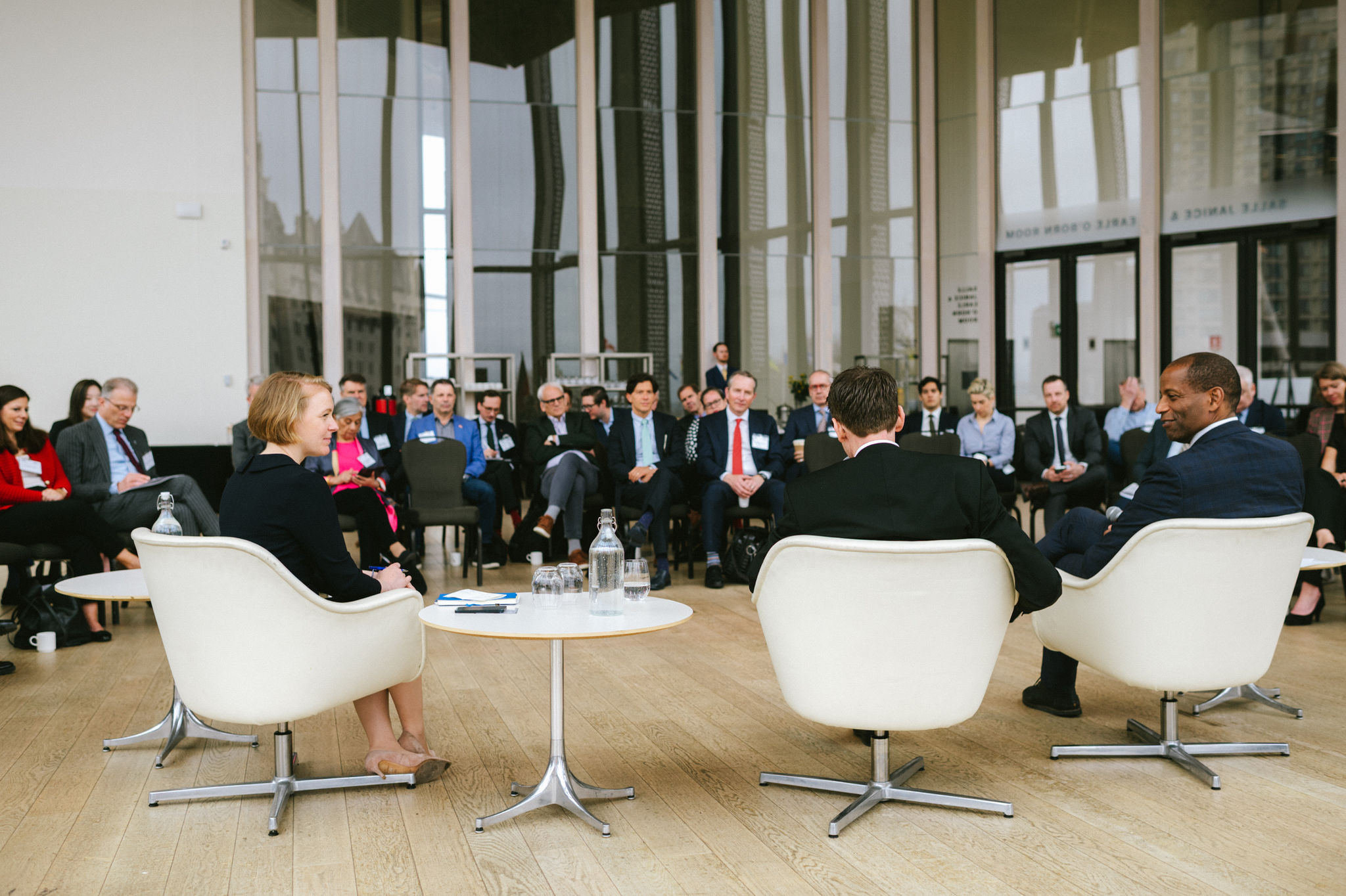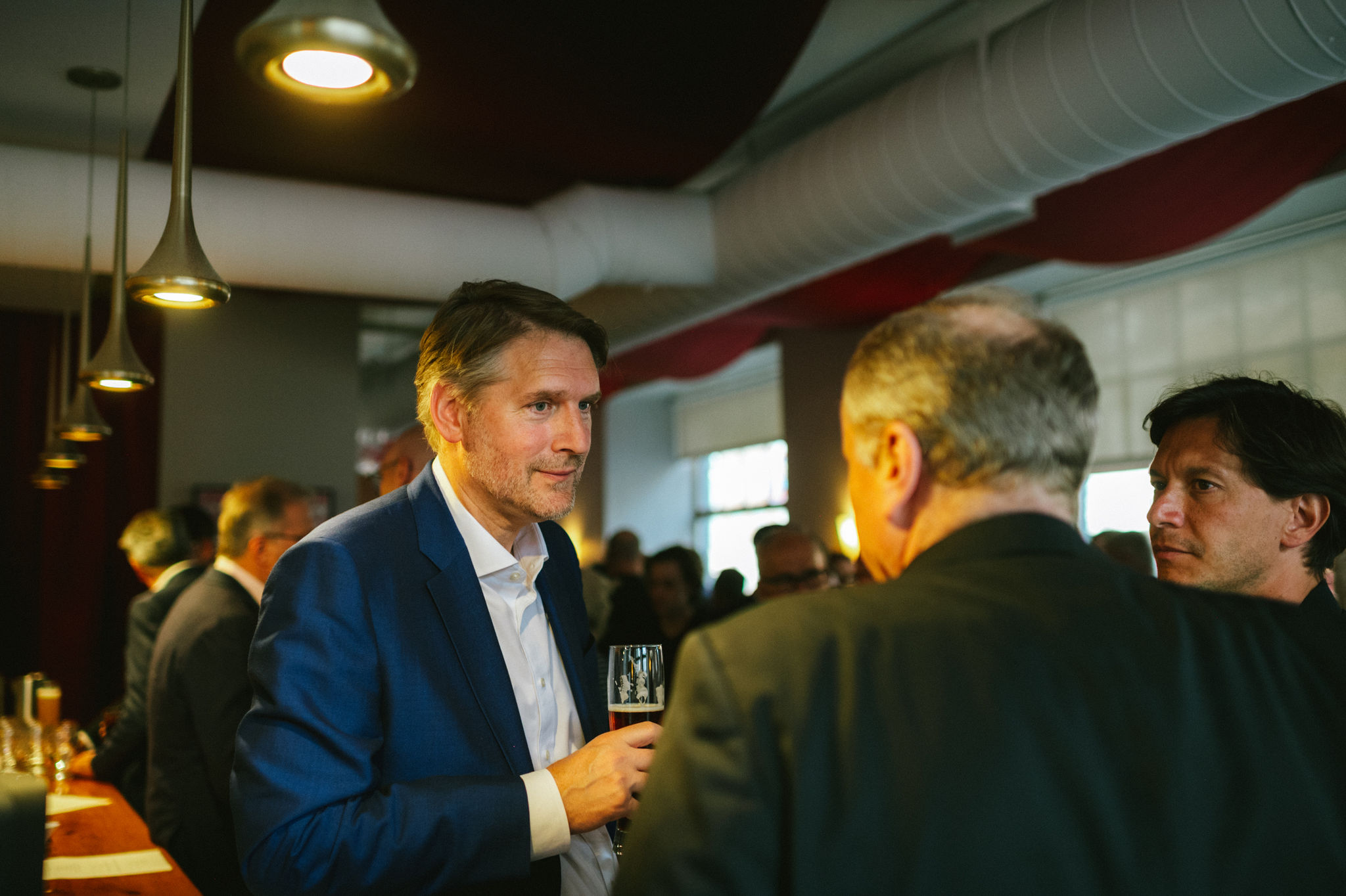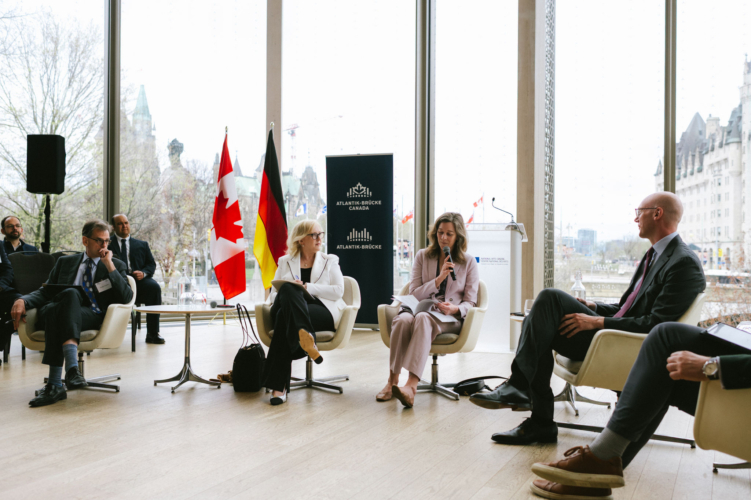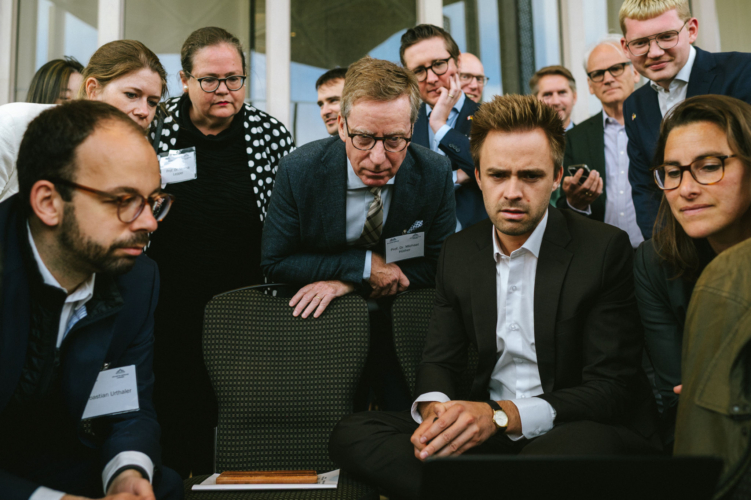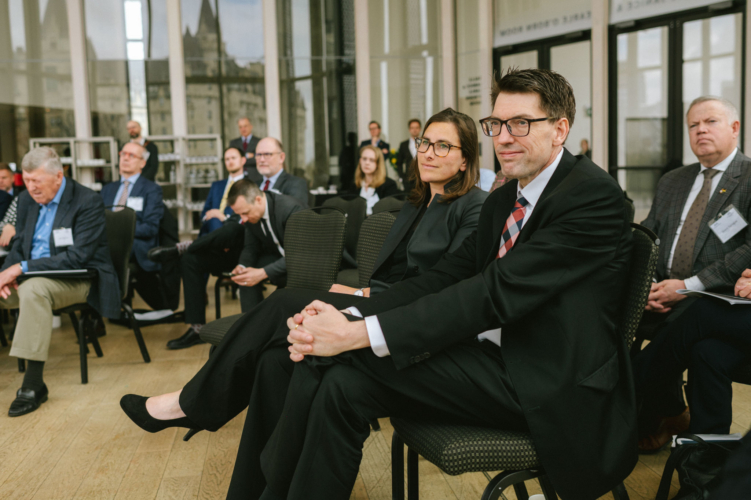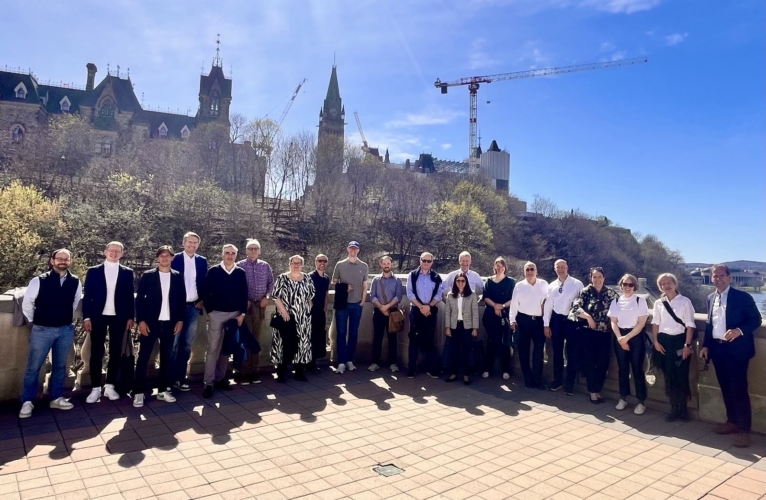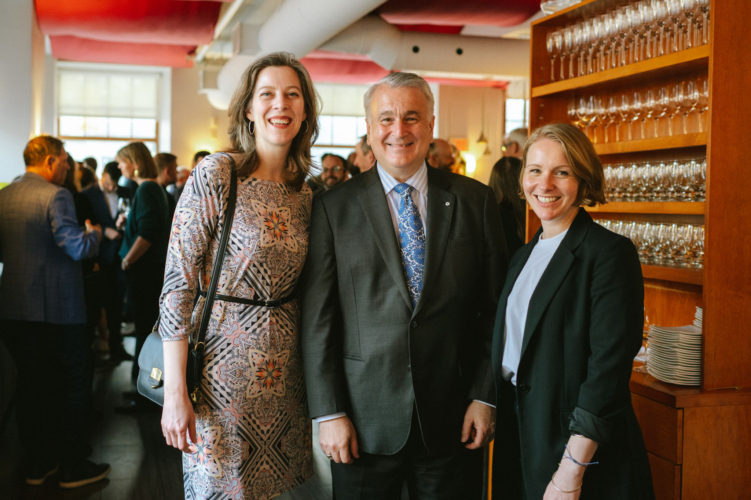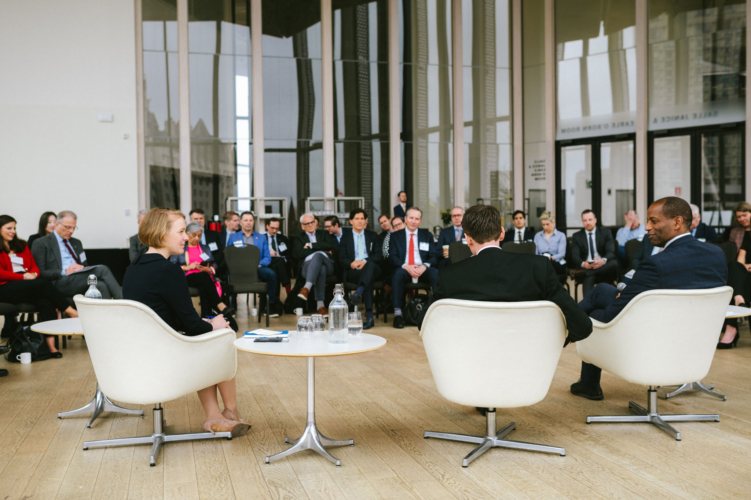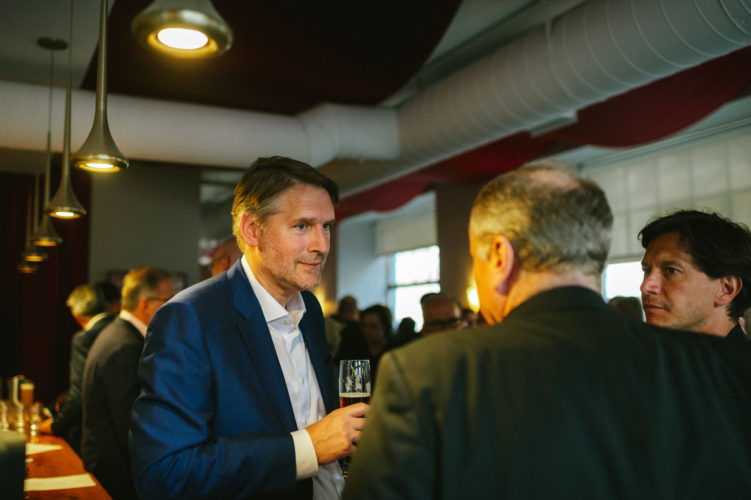DKK 2025: “Canada and Germany need closer relations”
The 38th German‐Canadian Conference took place in Ottawa on May 5 and 6, 2025, bringing together leaders at a timely moment in Canada‐Germany transatlantic relationship. This year’s agenda dealt with a range of topics spanning trade, diplomacy, technology, immigration, defense and climate. An overarching theme was navigating the global shifts in these areas as global affairs are rapidly evolving, and the necessity to reevaluate the institutions that have provided a solid foundation in the last 80 years led many of the discussions. One thing was clear throughout: Germany and Canada are still strongly aligned in their values and goals and 2025 is shaping up to be the year in which both countries may see some of the untapped potential, such as LNG trade through Germany’s new terminal in Wilhelmshaven, being realized through new partnerships and trade relations.
Post election challenges in Canada and Germany
The outcomes of the elections in Germany and Canada present many challenges and opportunities in the emerging political landscapes. The main consensus in the discussions was that the democratic process in both countries worked, but each country has been facing increasing polarization with the rise of populism. In Canada, election results produced a clear mandate for new Prime Minister Mark Carney, but showcased a strong urban/rural divide between the electorate with many domestic challenges ahead for the new government. Meanwhile, in Europe, the German election of a new government and Chancellor unfolded in real time with the election of the new Chancellor taking place on May 7. Between sessions, attendees gathered around a live stream of the second round of voting that ultimately made Friedrich Merz the Chancellor of Germany, to great relief.
Delegates noted a new form of multilateralism emerging. Bringing Canada closer to the EU, for instance, was brought up as a potential pathway. And while full EU membership may be out of the question, a relationship similar to the Norwegian model was floated. Canada and Germany share many common values and challenges and the relationship has, at times, been taken for granted. Deepening the relationship through stronger economic and defense partnerships will require significant investment and willingness on both sides.
Global trade and defense in the new World order
Another thread was finding ways to tackle the zero‐sum nature of the emerging global trade war – a result of the economic and trade instability that has arisen since the implementation of wide‐spread American tariffs. This new economic order has reinforced commitments to diversify and strengthen trade agreements with reliable alliances. The sessions underlined a stronger commitment to cooperation and a renewed focus on multilateralism. Economic security cannot be achieved through overreliance on one economic partner, as it can lead to stagnation and atrophy of certain economic sectors and supply chains. The way to navigate this new world will be complex and likely come at a higher cost, especially because of the geographical limitations. Mobility of talent and capital was seen as another possible area for improvement to support a move away from reliance on a single foreign market for much of the economic activity in Canada.
Defense strategy was another topic of particular concern for both countries. The lack of modern and digital weapons represents a potential area of development and cooperation for both Canada and Germany. New and accelerated procurement processes could also better prepare Canada for potential Arctic threats.
Navigating Technology, Media and the new AI era
At least some aspect surrounding the use of AI made its way into most panels at the conference. In a relatively short amount of time we’ve seen specifically Generative AI reshape the way people create and consume news and entertainment. In the eyes of the public, lines are starting to blur between content with a high factual quality and content that is convincing, but lacks any footing in reality. The effects of this are beginning to affect democratic institutions that find themselves undermined by factually inaccurate or false, but highly emotionally engaging, and viral content. The ease with which this is achievable on a global scale also invites adversaries to take up this powerful tool into their arsenal.
Additionally, most digital services currently rely on US-based hyperscalers to provide the compute and storage that powers their business model. This is starting to be seen as a growing concern of sovereignty for both businesses and countries. Models such as “Sovereign Clouds” were mentioned as a way for nations to protect their digital assets and integrity within the confines of their own legal and regulatory systems and prevent a possible overreach of other governments.
A forum for changemakers that allows for space to ask tough questions
If there was ever a year where strengthening the ties and understanding between Canada and Germany has been more important, 2025 was certainly it. The German-Canadian Conference has proven to be a forum where the free exchange of thoughts and ideas can thrive. With an eclectic selection of delegates, drawn from many areas of government, industry and academia, as well as the ten participants of Atlantik-Brücke’s Young Atlantiks program, discussions were lively, dynamic and action‐oriented. For delegates of this year’s exchange – that call to action is at the forefront.

